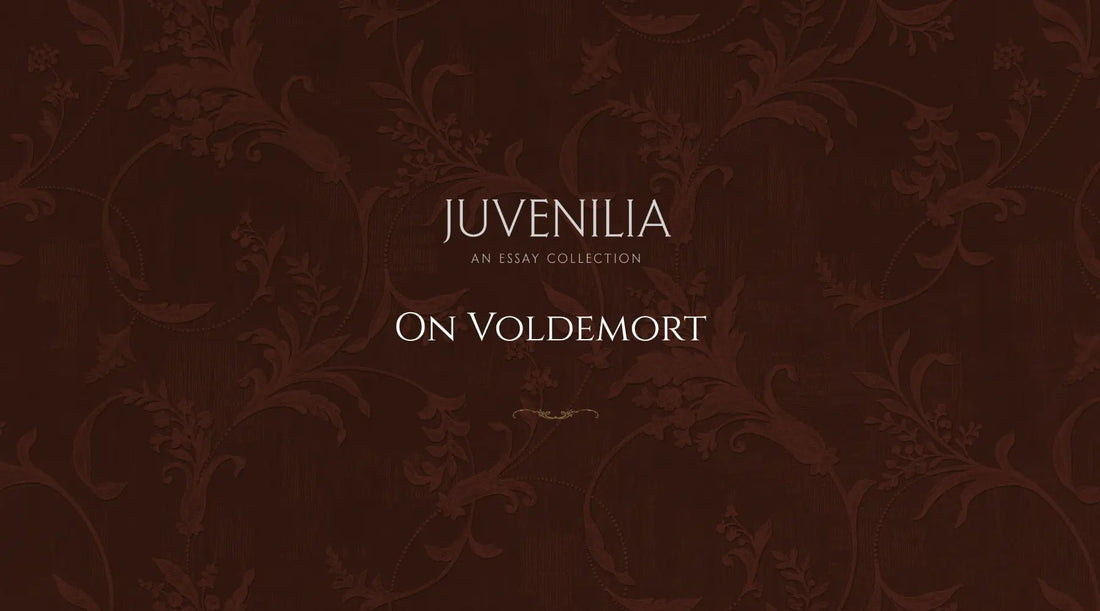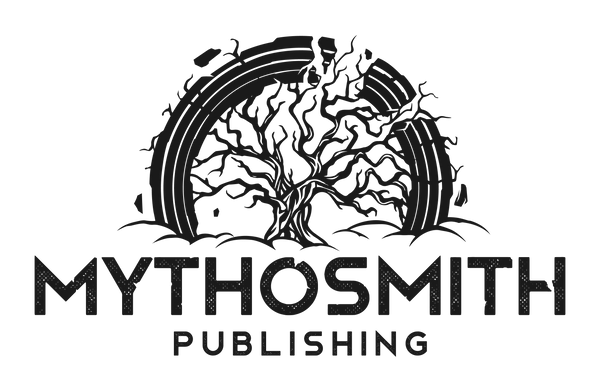
On Voldemort
In the novel, “Harry Potter and the Sorcerer’s Stone”, by J. K. Rowling, Voldemort is a very philosophically interesting being. (Harry Potter, page 293) Voldemort, Harry Potter’s arch nemesis does not have his own body, but is leaching off of another; Harry’s defense against the Dark Arts teacher, Professor Quirrell, is acting as a host to Voldemort, who was concealed by a turban on the back of Quirrell’s head for the entire school year. When the turban is taken off, Voldemort is described as chalk white with glaring red eyes, and slits for nostrils like a snake.
The process of how Voldemort merged into one body is vague, though it seems as though very dark magic was used. (Harry Potter, page 293) Voldemort explains that he can only have form when weaker witches and wizards allow him into their hearts and minds, and sustainability was achieved through the host (in this case, Quirrell) drinking unicorn blood. Voldemort’s more permanent solution is to steal Nicholas Flammel’s Elixir of Life, which is a stone that bestows invincibility to the owner, and would give Lord Voldemort his own body. This would enable him to come back to full power. When Professor Quirrell was traveling in Albania, (Harry Potter, page 291) he was easily manipulated, and became a simple puppet to Voldemort who had all control over him.
When Harry touches Quirrell, his body blisters and burns, while Harry’s scar does the same (Harry Potter, page 294-295). They both cause pain to the other by physical closeness, which is a strange concept to conceive of. Both are pained in equal part by the goodness, and evil in the other, and it triggers a physical response in both, where they cannot stomach the other. Furthermore, it is disclosed that Voldemort was merely temporarily destroyed by the love coursing through Harry Potter’s veins (Harry Potter, page 298-299). Voldemort could use another host to share a body with to come back, however, he cannot have a body of his own unless he comes up with another plan. Since Voldemort and Quirrell both had greed, hatred, and ambition, and were in the same body, they could not bear the agony of such love (the love from Harry’s mother, who died to protect him), and therefore blistered and burned before Quirrell’s body was destroyed.
There are many philosophically interesting things about Voldemort throughout the series, and it grows with each book, however, in book 1 (Harry Potter and the Sorcerer’s Stone) Voldemort is sharing a body, and two different minds inhabit it while both being conscious (Dual consciousness). With this comes several implications such as whether or not both inhabitants of the bodies have souls, and how the minds work together in conjunction with one body. How much control does Voldemort have over Quirrell simply because of manipulation, or can more be said about his ability’s with a stronger mind in the same body? How much of what Quirrell did was him doing it of his own accord? Did he merely think he was acting on his own, or was Voldemort pulling invisible strings whereby Quirrell may have lacked qualia in the sense that he was a philosophical zombie going through life with a blindfold? When talking about Voldemort, he seems to think of him as a God of some sort, (Harry Potter, page 291) and he makes Quirrell do things his character might not have done otherwise (i.e.: rob the wizarding bank, Gringotts). Did Professor Quirrell still have control to do as he wished, or was he under magical manipulation to be like virtual Play-Doh to do the bidding of Voldemort against his own wishes?
Regardless of the control Voldemort may or may not have over Quirrell, it is clear Voldemort is a monstrous human: his face is grotesque—no longer human-like—he’s a notorious murderer, and his manipulation of others is second to none. If that’s not a monstrosity, I don’t know what is. Can someone do this, and still have their soul intact? In the act of continuously harming others, no happiness will ever be possible for Voldemort, and he will never know what love or friendship is, which is the opposite of what the good life is to Aristotle. He will always be alone, and his existence is piteous in regards to how he lives it.
[WORKS CITED]
Rowling, J. K. Harry Potter and the Sorcerer’s Stone. 1st ed., Arthur A. Levine Books, 1998.
